There are many ways to measure just how much Saudi Arabia has changed in recent years. Bumping into Montreal businessman Sruli Richler at an ancient historic site is one of them.
Richler is an observant Jew, who has a beard and wears a yarmulke under his ball cap.
He stopped for a visit at the country’s former capital Diriyah, just outside Riyadh, which is in the midst of an immense $63-billion US restoration project.
Just in case the presence of an overtly Jewish man in the staunchly conservative Islamic kingdom caused any friction, Richler jokingly pulls out a “Make America Great Again” cap from his bag — a precaution, he says, in case he wants to blend in quickly with the numerous U.S. visitors.
But by and large, he says he was welcomed graciously throughout Saudi’s capital.
“I honestly thought it would be much more hostile,” he told CBC News in Riyadh. “Everyone is very calm and very relaxed and it was pleasant to do business.”

Richler — a distant cousin to the famous Canadian writer Mordecai and his journalist son Noah — is in what he calls the “reverse logistics” business. That is, his company finds money-making uses for items people return to stores that can’t be resold.
“I’m looking to do business in Saudi. It’s an up-and-coming country,” he said, of his reconnaissance trip.
“When you land here, you are pleasantly surprised. I believe that when you bring businesses together, it brings people together. It’s a road to the future.”
Frozen relations
But that’s not how many other Canadians — including senior members of the current Liberal government — have always viewed the world’s second-largest oil producer.
In 2018, Canada’s Global Affairs Department, overseen by then-foreign minister Chrystia Freeland, sent out a series of tweets criticizing Saudi Arabia’s human rights record and calling for the release of an activist with ties to Canada.
An enraged Saudi government accused Canada of meddling in its internal affairs. It expelled Canada’s ambassador in Riyadh and took the unusual step of freezing trade links between the two countries and ordering thousands of Saudi university students studying in Canada to return home.

Later that same year, Canada imposed sanctions on 17 Saudis linked to the murder and dismemberment of Jamal Khashoggi, a prominent critic of Saudi leader Crown Prince Mohammed bin Salman. Khashoggi was killed inside the Saudi consulate in Istanbul.
As the deep freeze in relations set in, trade, cultural and political contacts between the two countries became casualties.
Things only resumed five years later in 2023, when both sides finally agreed to appoint new ambassadors and resume full contacts.
Canadian mining executive Jeffrey Steiner, who heads up the Canada-Saudi business council, says he visited Saudi 28 times over a four-year period, in part to try to help mend fences.
“We really worked behind the scenes and we encouraged both sides to see what advantages there are to co-operate. It took a couple of years, but the situation is now very good,” he said in an interview in Riyadh.
“We are playing catch-up, but very rapidly making progress.”
In a statement to CBC News, Global Affairs Canada acknowledged the improved situation.
“Canada is enjoying an increasingly healthy and productive bilateral relationship with Saudi Arabia,” it said.
On the issue of human rights, the statement noted that Saudi Arabia participated in a UN-sponsored review of its human rights record and that Canada was “pleased” with the collaboration.

“Canada also welcomes the progress brought on by Saudi Arabia’s Vision 2030, notably the empowerment of women and their increasing participation in society and the economy.”
Vision 2030 is an immense effort by bin Salman to change practically every aspect of Saudi’s society and its economy, to help the kingdom transition away from relying so heavily on the production of fossil fuels.
On the social side, the change has been dramatic.
Many of the onerous restrictions on women have been removed, and now more than 36 per cent of the workforce is female, with women holding top jobs in public corporations and the private sector.
Following the restoration of political ties, between February 2024 and February 2025, trade between the two nations surged 82 per cent.
Canada’s largest export to Saudi Arabia, valued at $1.1 billion in 2023, was armoured vehicles, the bulk of which are LAV armoured cars produced at the General Dynamics Land Systems-Canada, in London, Ont.
Saudi’s largest export to Canada remains oil — about $1.5 billion worth in 2023, most of which was refined at the giant Irving refinery in Saint John, N.B.
But Canadian proponents say existing two-way trade represents a fraction of what’s possible.
Mining would be “a great area,” to develop, says Steiner, who was attending a networking event in Riyadh.
He says there are also growing opportunities for Canadian firms dealing in health care, IT and artificial intelligence.
In his public remarks during Donald Trump’s recent visit to Saudi, the crown prince underscored that the kingdom’s door to foreign investment is wide open.
“Today we hope for investment opportunities worth $600 billion. We will work in the coming months on the second phase to complete deals and raise it to $1 trillion,” bin Salman told the audience.
Lacking presence?
But a former Canadian ambassador to the region says unless Canada moves faster and more strategically to harness the emerging opportunities in the region it risks missing out — again.
“You’re seeing the reordering of the world. And this place and the region really matter,” said Arif Lalani, who headed up Canadian embassies in Jordan, Iraq, Afghanistan and the United Arab Emirates over a long career.
“That’s why you are seeing everybody come here … and increasingly, it’s got to matter to Canada.”

During Trump’s visit, his U.S. entourage included not only most of his senior cabinet ministers but also the CEOs of many of the world’s largest corporations.
Trump made a similar splashy trip to Saudi on his first official visit of his first presidential term in 2017.
Conversely, the last time a sitting Canadian prime minister visited Saudi Arabia was Jean Chrétien in 2000 — a quarter-century ago.
“I think for years and years, Canada has not been present in this region at a political level, at a high level,” said Lalani.
“The leadership of the country has to show that they’re behind whatever the diplomats and the business people are trying to do.”
“Canadians have been missing and I think that that has to change if we want to diversify.”
While there are still human rights issues, the country is unrecognizable from just a few years ago, says Canadian political scientist Janice Stein, who was in Riyadh at the same time as our CBC visit.
“Canadians need to look at the trend lines in Saudi Arabia, at what’s improving and what is deteriorating,” she said.

“If there is sustained evidence that women … have far greater opportunities than then did five years ago, that should matter.”
She said she believes Saudi Arabia is moving in the right direction on a number of key indicators.
“To me, that makes the glass half full rather than half empty.”
saudi-arabia-is-opening-up-its-economy-and-its-society-why-has-canada-been-so-slow-to-capitalize-on-that

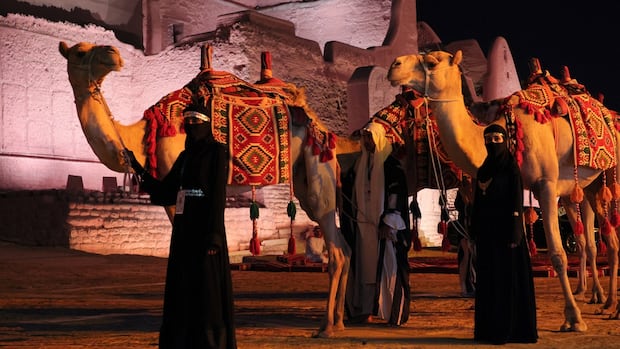
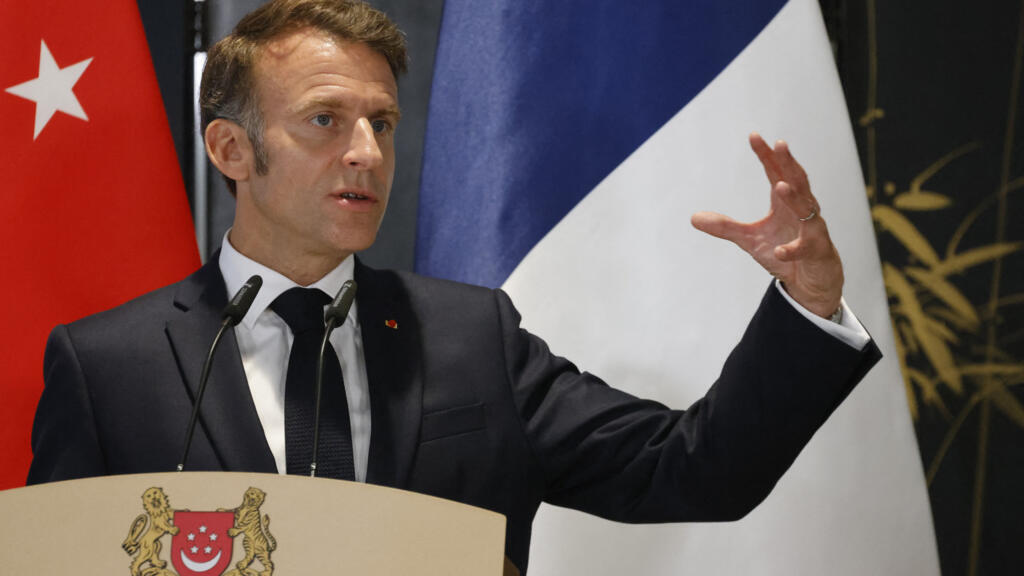
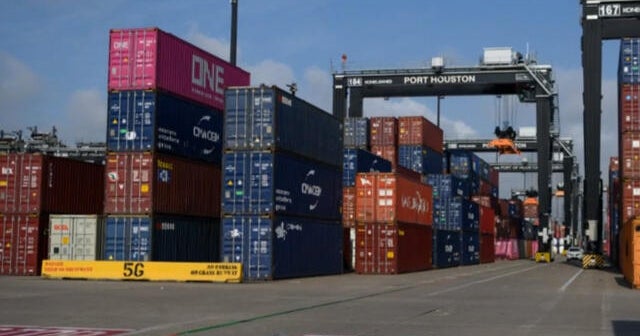
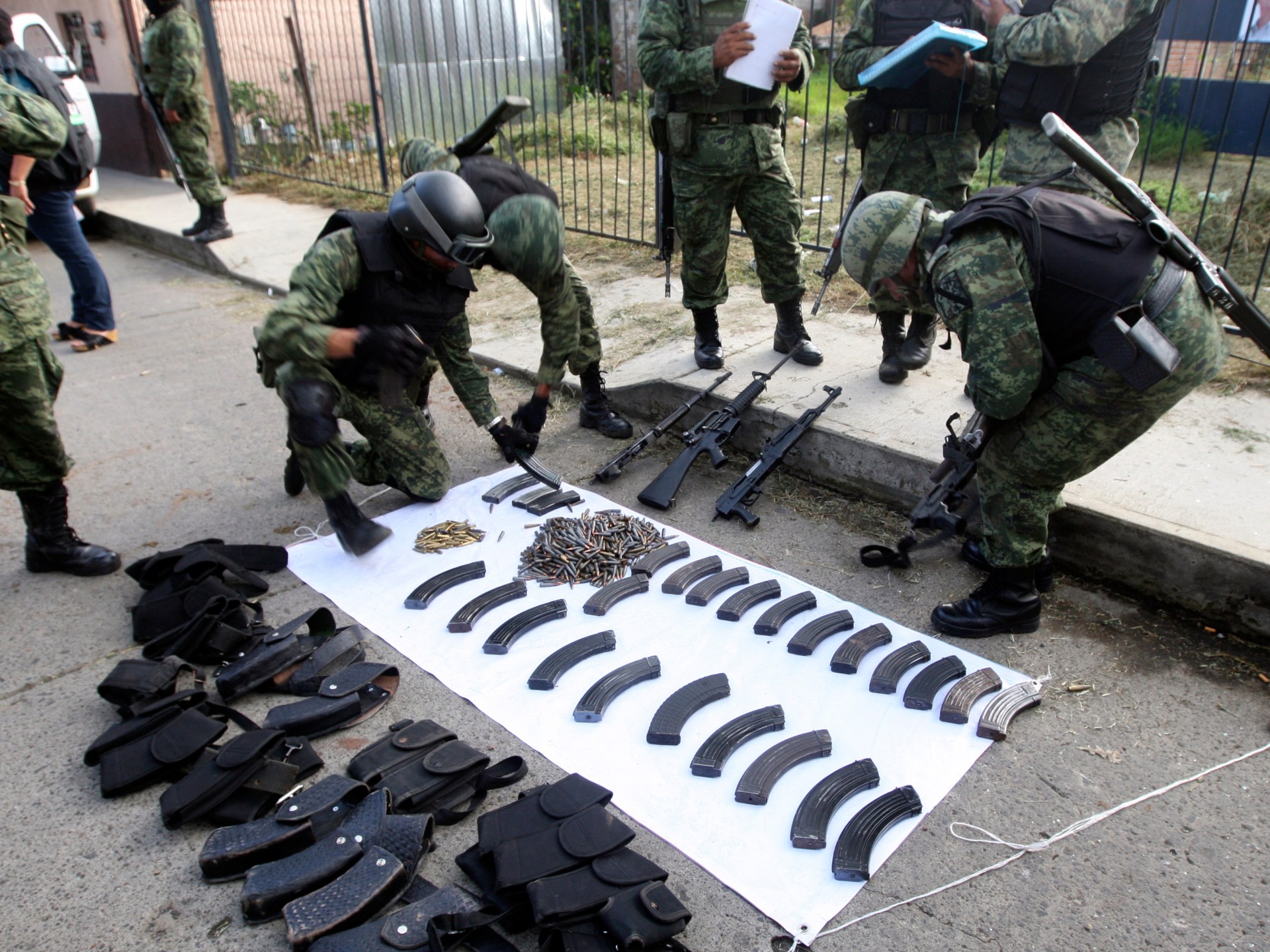
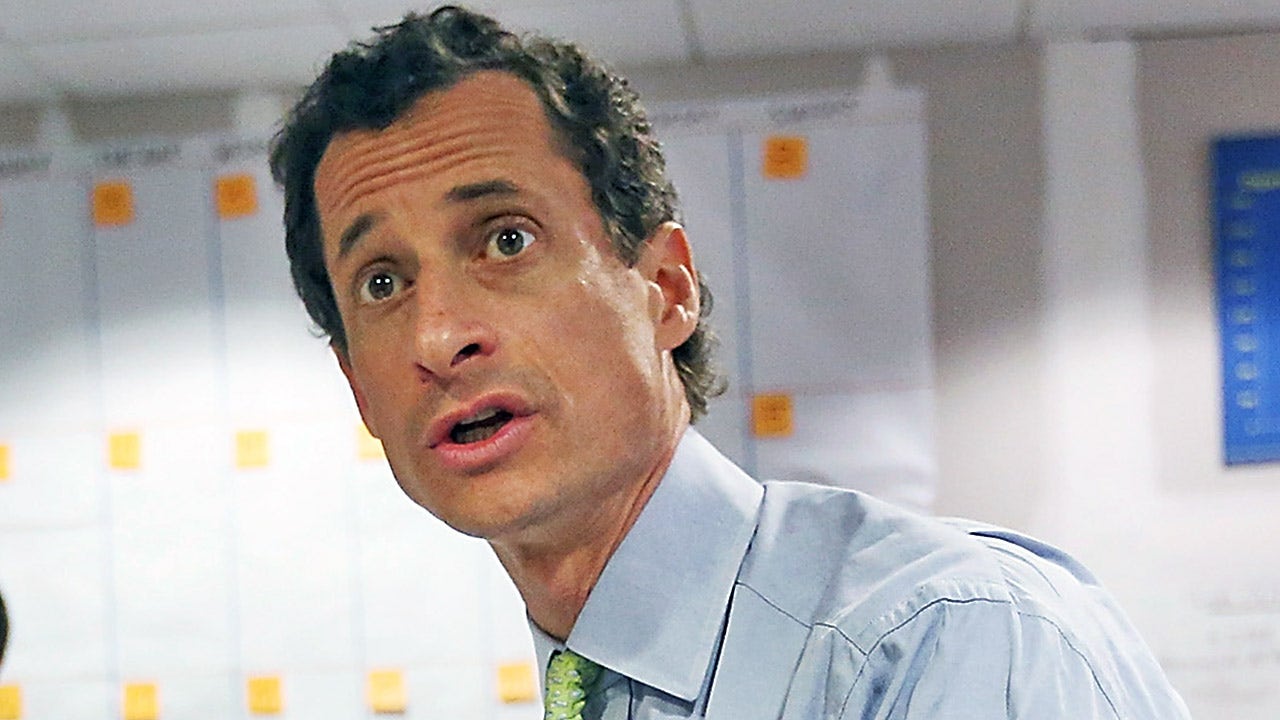


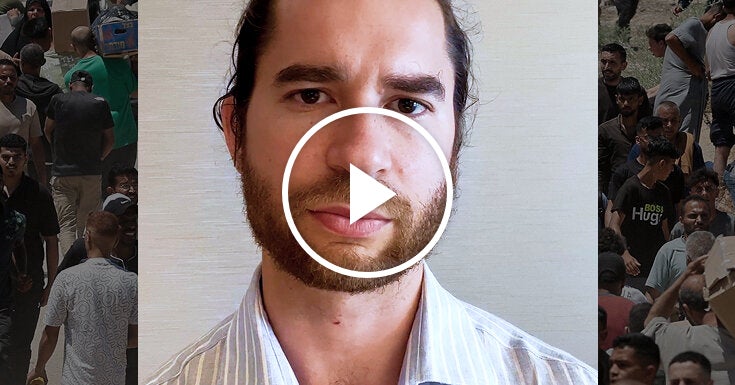
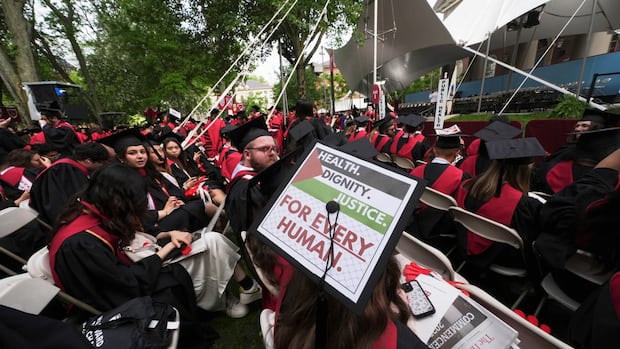
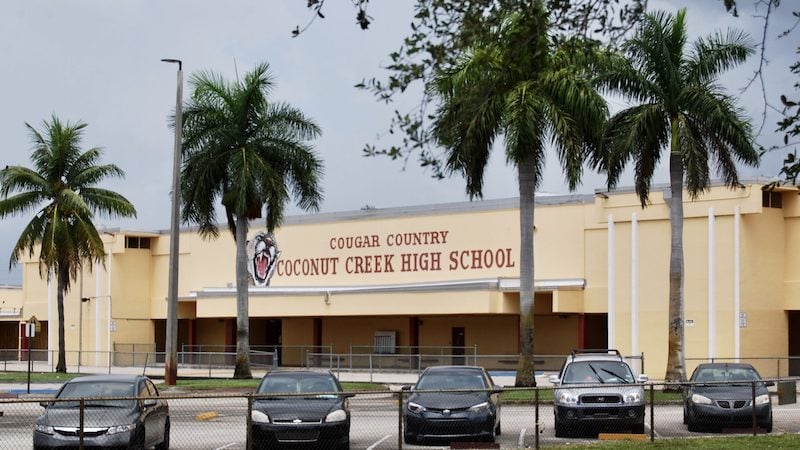
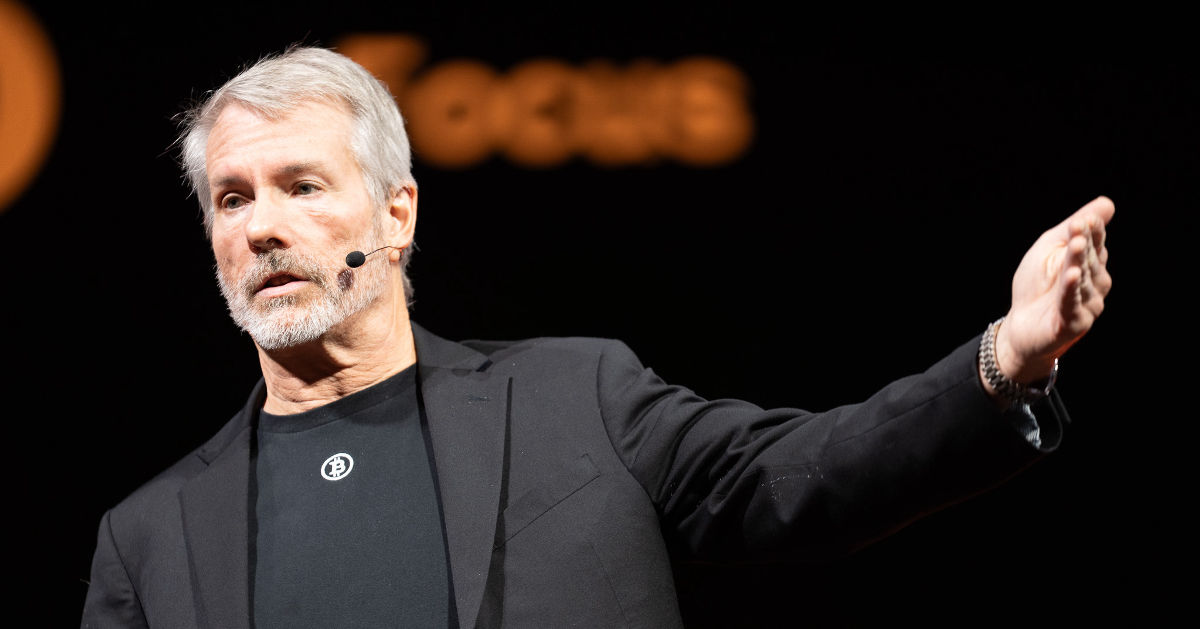
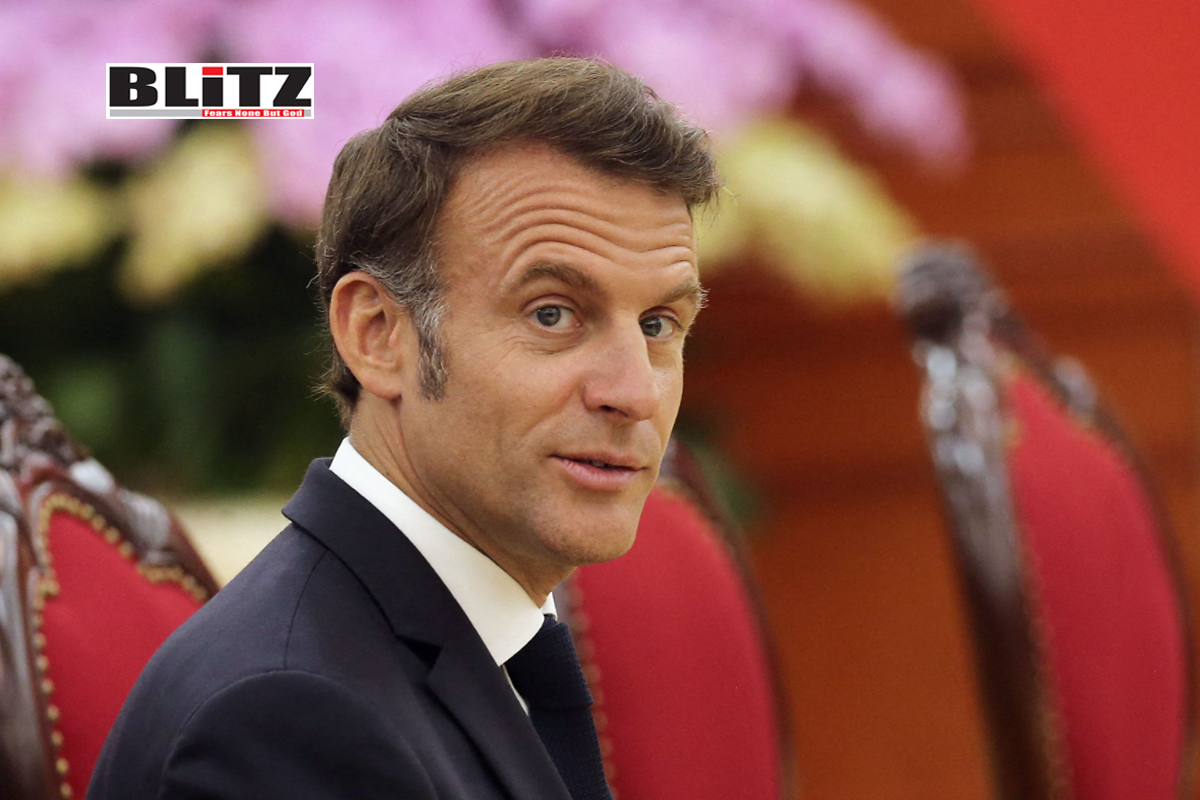
Leave a Reply